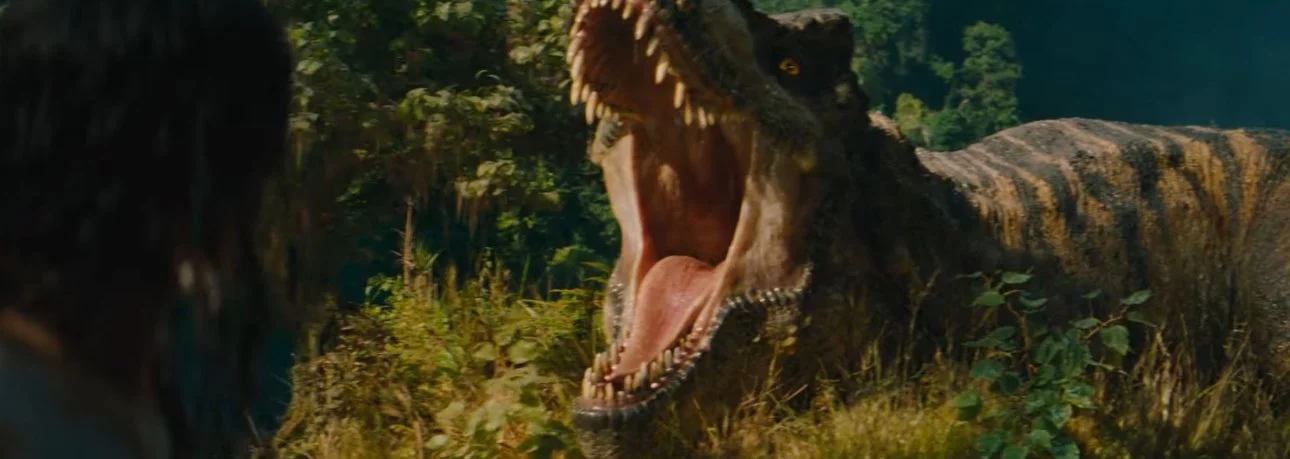Thai director Apichatpong Weerasethakul brought his Tilda Swinton led-drama “Memoria” to Cannes in July. This was a meditative film about sound, and silence from the renowned auteur.
Dealing with a Scottish woman (Swinton) traveling in South America who begins to notice strange sounds in her head and wonders about their appearances, this was a film that either enveloped you into a hypnotic state or left you bored to tears. I dug it.
Weerasethakul, whose masterful “Uncle Boonmee Who Can Recall Past Lives” won the Palme d’Or back in 2010, has been a cinematic influencer ever since 2004’s “Tropical Malady,” but his films aren’t for everyone. They play out in wide-lensed frames, unconventional in nature, and surrounded by his infatuation for the unknowns of nature and dreams. They are all laid out in unconventional narrative structures that defy conventional perspectives. It took me two viewings to fully let go, grasp and immerse myself into the dark horizons of “Memoria,” and all the better for it.
“Memoria” is his first non-Thai, English-language film and it was announced earlier this week that its distributor Neon has lined up a most unusual release plan. The film will not ever be released on streaming or even be available via blu-ray. Instead, in the weeks, months, and years to come, “Memoria” will be travelling around the country, almost as a museum piece. The idea is to frame “Memoria” as a kind of never-ending, moving-image art exhibit.





